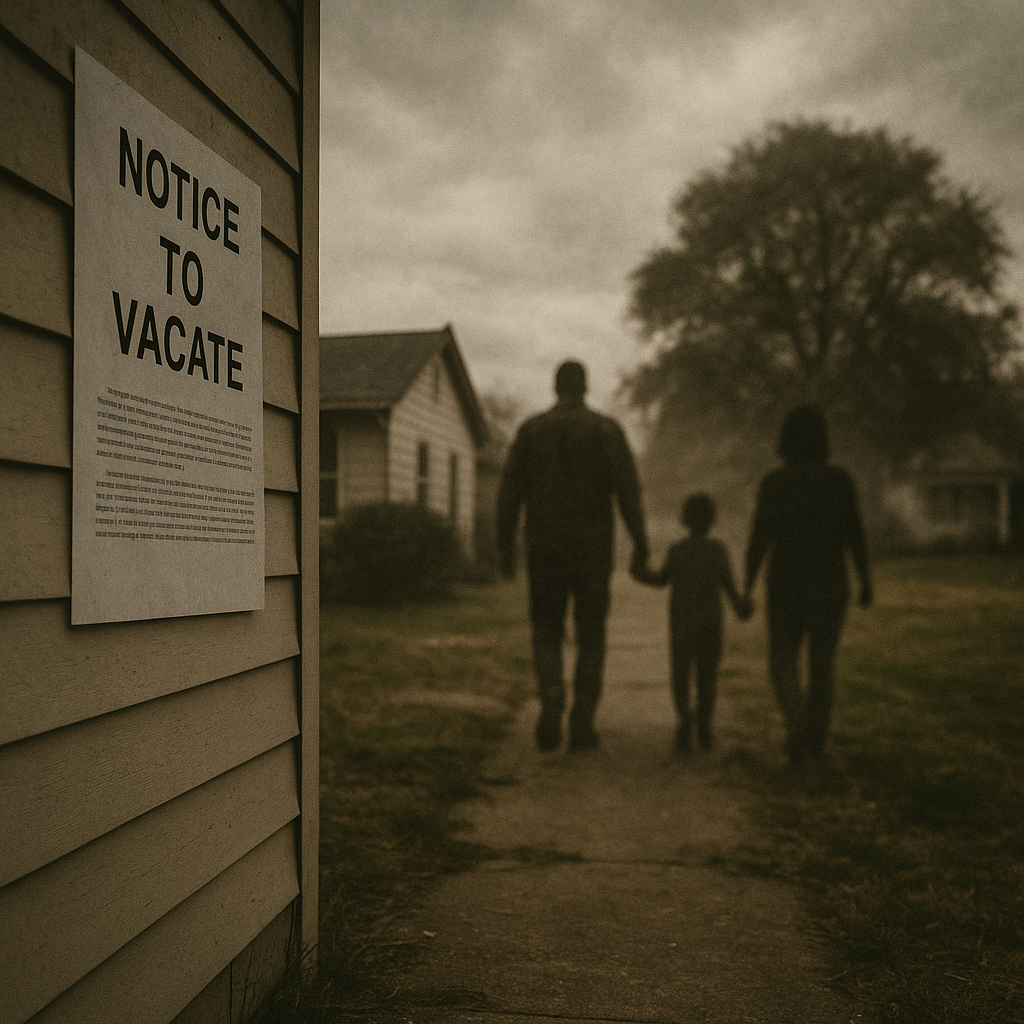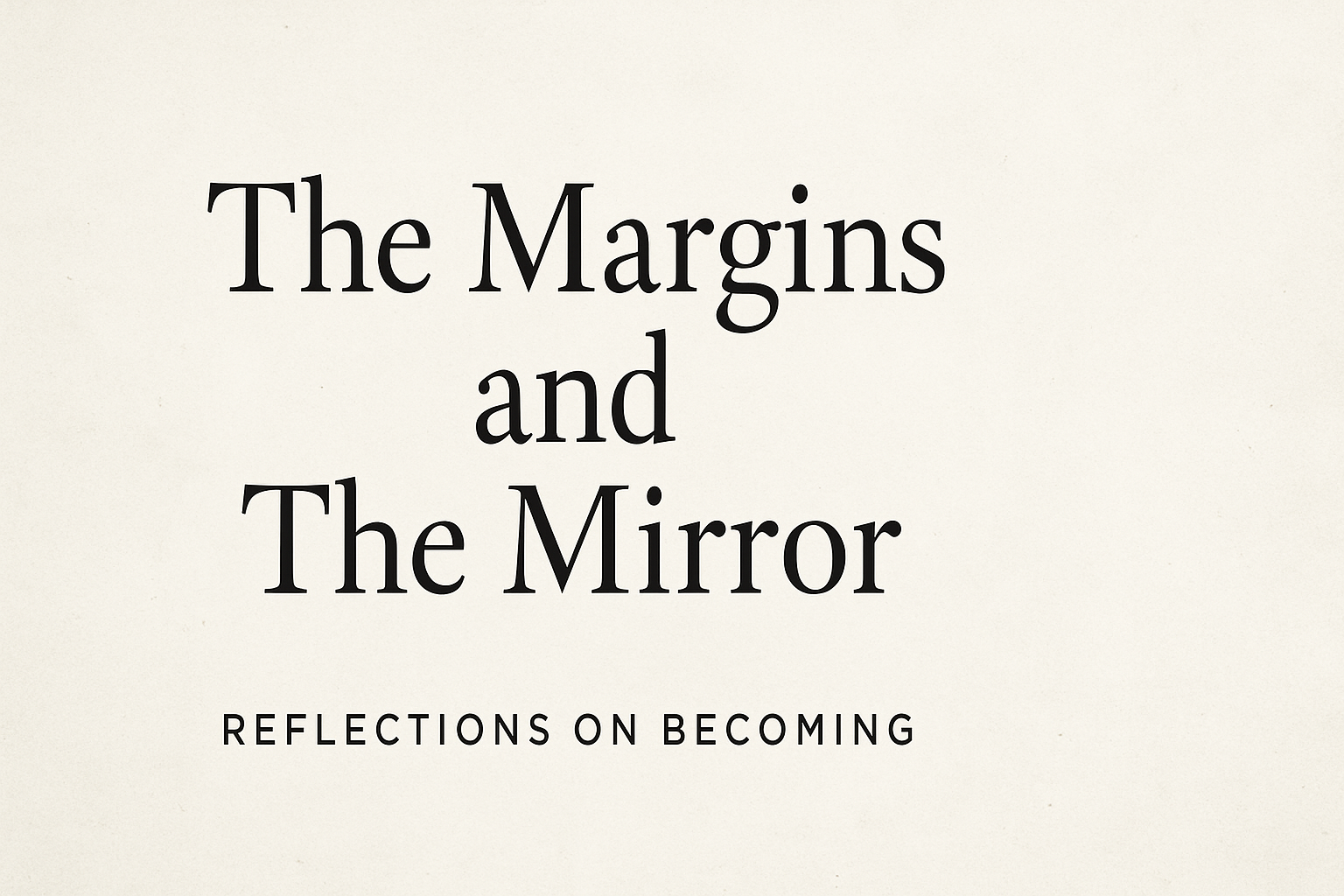Not Safe, Just Silent: The New Face of Legalized Displacement in the US

A personal reflection on housing laws, broken systems, and the dangerous rebranding of cruelty as public safety.
Those who know me from my nonprofit work know the story of my brother. His years unhoused. His long battle with undiagnosed mental illness. His periodic clashes with law enforcement during episodes of psychosis. His public outbursts in spaces that were often ill-equipped to respond with anything but fear or force.
They, like me, also recognize a chilling truth: if today’s “crime-free” housing laws had existed when he was on the streets, my brother might not have survived.
For more than a decade, he lived unsheltered, untreated, and tormented by schizophrenia — self-medicating with illicit substances to quiet the chaos in his mind. He didn’t choose homelessness. He was failed — by a society that treats mental illness as a threat, and poverty as a personal flaw. It was only through a jail diversion program, and the kindness of strangers who called me when he was confused or tried to help him in small, consistent ways, that he was spared a system designed to punish, not protect.
When I read the recent New York Times story on Illinois’ crime-free housing ordinances, I felt a familiar ache. The kind that comes from navigating the long, labyrinthine road through jails, courts, hospitals, and housing systems to find a path to safety for someone you love.
The policies described in the article aren’t about safety. They’re about silent removal — an eviction pipeline for the undesired. Guilt by association. Displacement without due process. What disturbed me most wasn’t just the policy itself, but the people who applauded it — interviewees and commenters alike citing “bad neighbors” and personal discomfort as justification. It was a sobering sign of how far we’ve strayed from compassion, and how easily we mistake cruelty for control.
These laws echo the vagrancy codes of the post–Civil War South — tools designed to maintain slavery by another name. They criminalized Blackness, defined poverty as a public nuisance, and funneled thousands into forced labor. And though paid employment was often denied to Black people, vagrancy laws were enacted to criminalize even standing or sitting in public spaces. The modern-day criminalization of the poor shares little difference — it simply trades chains for ordinances, and labor camps for eviction notices, adding to the numbers living among us in what we now accept as “tent cities.”
The question isn’t only what these laws are doing — but whom they are protecting. And at what cost?
We say we want safe neighborhoods. But safety, when reserved only for the housed, the privileged, the “compliant,” becomes a sentence for everyone else.
As the anniversary of George Floyd’s death approaches, we must confront the role of policing — not only in acts of brutality, but in our broader social contract. A badge should not be a bludgeon. It should stand for service, restraint, and civic trust. Yet without accountability and community-based standards, policing becomes what it too often has been: a mechanism of control rather than care.
We are living through a period of moral disorientation — more invested in identifying threats than in ensuring we don’t become the monsters we claim to fear. When we prioritize order over equity and exclusion over empathy, we lose the soul of what civil society is meant to be.
The nonprofit I founded and led for more than a decade was born from my brother’s suffering. I’ve seen what’s possible when we choose healing over harm. But I’ve also seen what happens when we don’t — when policies like these push people further into the margins until they disappear from view. Until they’re no longer seen. No longer counted. No longer alive.
We can’t evict our way to peace. We can’t police our way into justice. Safety must be redefined — not as the absence of disruption, but as the presence of dignity, care, and belonging.
Because every time we pretend that safety can exist without justice, we are sentencing someone’s brother, son, father — someone’s loved one — to die.
✍🏽 Join the Movement for Justice with Compassion
If this story moved you, know that you’re not alone — and you’re not powerless.
🕊️ Subscribe to The Margins and The Mirror to receive essays, reflections, and resources that confront injustice, challenge apathy, and inspire action. This is more than a newsletter — it’s a growing community reclaiming conscience and care in public life.
🔗 [Insert subscription link here]
🏙️ Get involved locally. Policies like crime-free housing don’t just happen in headlines — they take root in city council meetings, housing boards, and neighborhood coalitions. Show up. Speak up. Support leaders and legislation that invest in mental health, housing first, restorative policing, and community care.
Because the question isn’t whether justice is possible. The question is whether we will show up for it — together.

